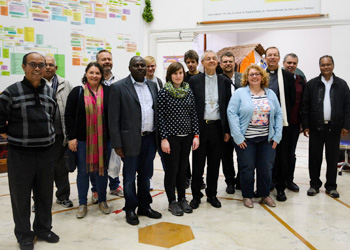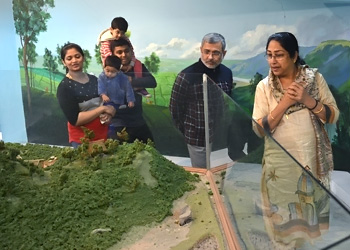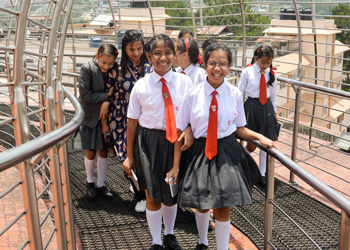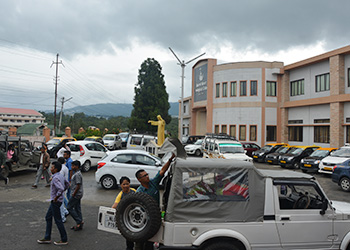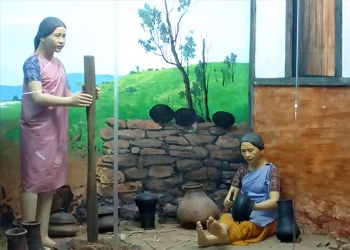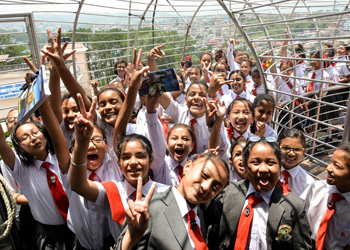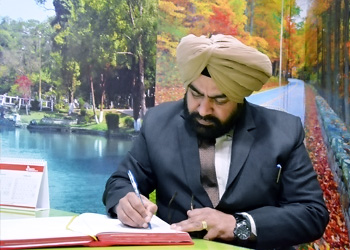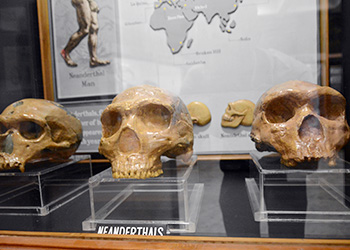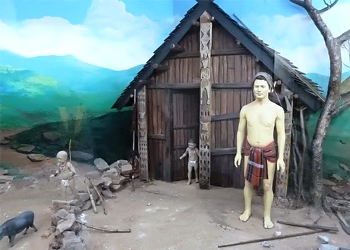- Home
- About us
- Visit Us
- Galleries
- Agriculture
- Alcoves
- Art
- Basketry
- Costumes & Ornaments
- Fishing, Hunting & Gathering
- Coffee House
- Housing Pattern
- Introductory & Pre-history
- Land & Peoples
- Language
- Mission & Culture
- Musical Instruments
- Our NeighboursGallery
- Photo Gallery
- Religion & Cultures
- Skywalk
- Traditional Technology
- weapons Gallery
- Community Information Centre
- North East Space Centre
- News
- Audio Visual
- Research
- Publications
- Get Involved
- Newsletter
- Blog
- Contact






